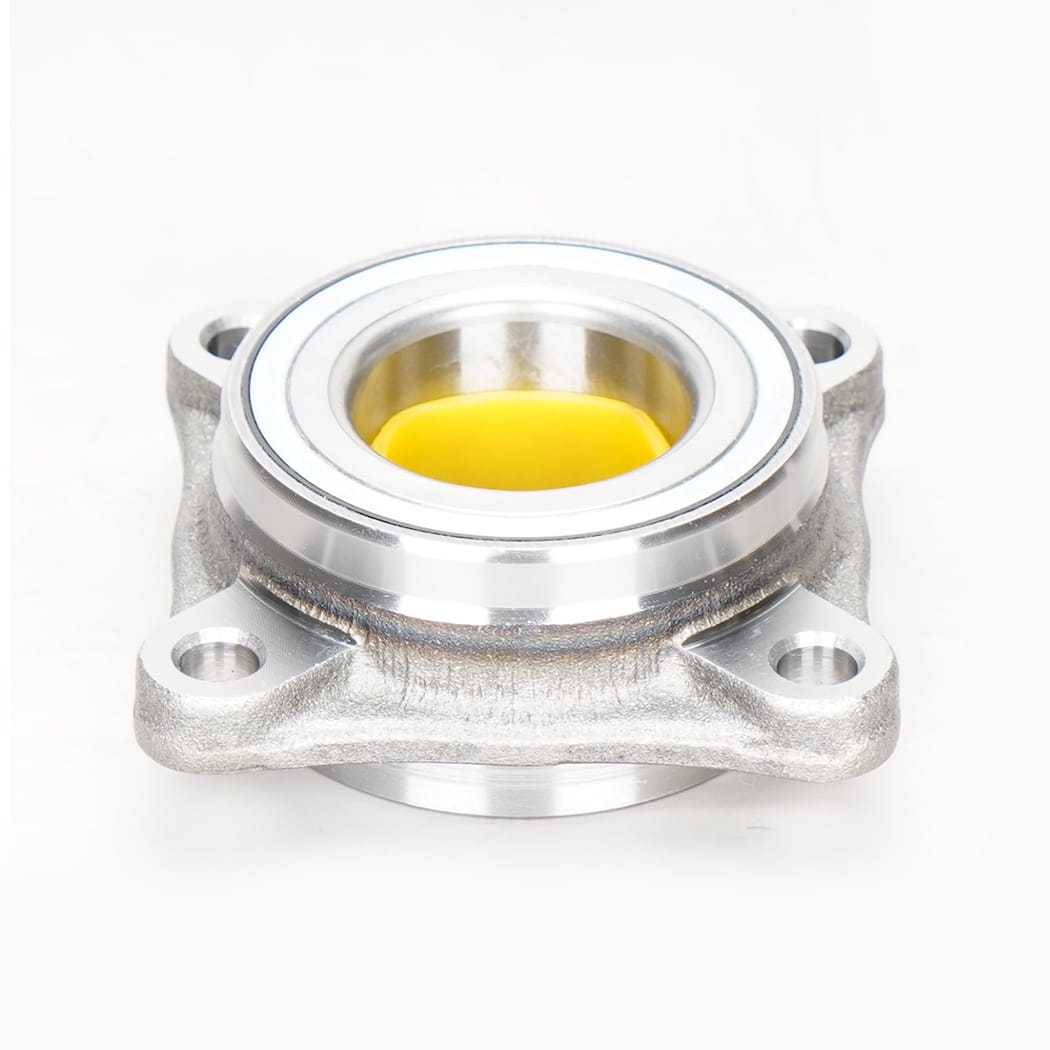Why Wheel Bearing Maintenance Matters
Wheel bearings experience constant stress from vehicle weight and road conditions. Regular maintenance helps prevent premature wear and potential failure, which can lead to significant safety hazards. When wheel bearings fail, they can cause wheel detachment, loss of control, and accidents. Ensuring that these components are in good condition is essential for driver and passenger safety.
Common Causes of Wheel Bearing Wear
Several factors can contribute to the wear and tear of wheel bearings:
Poor Lubrication: Wheel bearings rely on proper lubrication to reduce friction. Insufficient lubrication can lead to overheating and accelerated wear.
Contamination: Dirt, debris, and moisture can enter the bearing assembly, causing damage and corrosion.
Misalignment: Improper installation or alignment can place excessive stress on bearings, leading to uneven wear.
Overloading: Exceeding the vehicle's weight capacity can strain wheel bearings, shortening their lifespan.

Signs That Maintenance Is Needed
Being proactive about maintenance can prevent major issues down the road. Key signs that wheel bearings may need attention include:
Noise: A distinct rumbling or grinding noise, especially when turning, often indicates bearing wear.
Handling Issues: Difficulty steering or unusual vibrations can suggest a problem with the bearings.
Wheel Play: If there’s noticeable play in the wheel when lifted, it’s crucial to have the bearings inspected.
Maintenance Tips for Vehicle Owners
Here are some practical tips for maintaining wheel bearings:
Regular Inspections: During routine maintenance, have a mechanic inspect the wheel bearings. They can check for signs of wear, play, and proper lubrication.
Keep It Clean: Ensure that the area around the vehicle wheel bearings is clean and free of debris. Regularly washing your vehicle can help prevent dirt from entering the bearing assembly.
Lubricate as Needed: Follow the manufacturer's guidelines for lubrication. Some vehicles may require periodic re-greasing, while others may have sealed bearings that do not require maintenance.
Monitor Tire Wear: Uneven tire wear can indicate alignment issues related to wheel bearings. Regularly check your tires and have them rotated and aligned as needed.
Drive Responsibly: Avoid overloading your vehicle and driving over potholes or rough terrain whenever possible. This can help reduce stress on the wheel bearings.
When to Seek Professional Help
If you notice any symptoms of wheel bearing failure or are unsure about the condition of your bearings, consult a professional mechanic. They can perform a thorough inspection and recommend any necessary repairs or replacements. Early detection and intervention can save you from costly repairs and ensure your vehicle remains safe to drive.